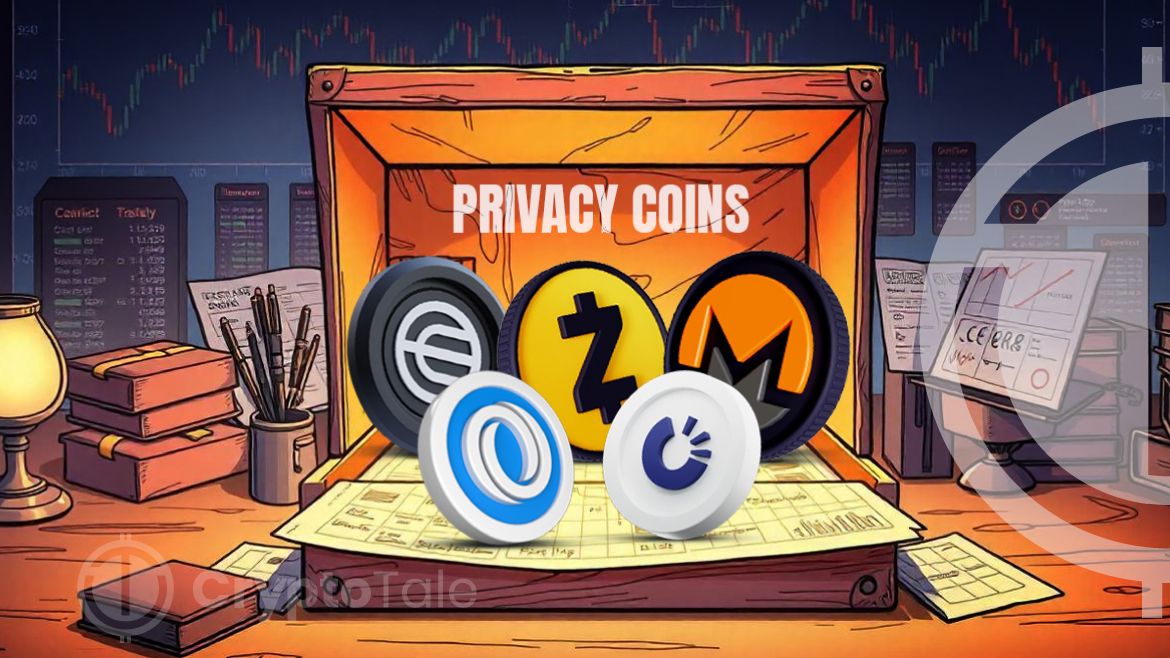- Nikesh Arora, Palo Alto Networks CEO, demands urgent cyber overhauls as threats rise.
- The CEO emphasizes the need for readiness in hours, not days, stressing cybersecurity’s modernization to combat threats promptly.
- Regulatory push for rapid disclosure faces corporate resistance echoing Arora, and firms challenge the four-day window for “material” breaches.
In a resounding call to action, Nikesh Arora, the CEO of a leading cybersecurity entity Palo Alto Networks, has issued a stark call to action for businesses to revamp their cybersecurity strategies in the face of an increasingly swift threat landscape. Arora’s warning comes as malicious entities accelerate their ability to breach corporate defenses, necessitating rapid adaptation, particularly for firms still reliant on outdated security systems.
According to a recent report, Arora emphasized the urgency of the situation. Mainly targeting companies clinging to outdated security systems, Arora urged them to adapt promptly to the evolving threat landscape, noting that cybercriminals are evolving at an accelerated pace.
Arora stated, “It’s important for us to ensure we’re ready to deflect the stuff in hours, not days”. The CEO spotlighted the dire need to modernize obsolete cybersecurity solutions, hinting at the potential integration of artificial intelligence (AI) as a countermeasure. Arora underscored the importance of incorporating AI into the cybersecurity arsenal to confront threats in real time.
In August, several crypto protocols such as Exactly Protocol, Zunami Protocol, Steadefi Protocol, and Cypher Protocol suffered significant losses, amounting to millions of dollars, as reported by the De.Fi Rekt database. Not all of these incidents were due to cybersecurity breaches, as errors in smart contract code and flash loan exploits caused some.
The regulatory authorities are stepping up their efforts to mandate comprehensive cybersecurity disclosure. The U.S. Securities and Exchange Commission’s (SEC) recent decision to enforce tighter rules on cybersecurity reporting stirred a heated debate. The regulatory body’s directive compels publicly listed companies, including those in the cryptocurrency sector, to divulge “material” cyber breaches within a mere four-day window, citing investor protection as the driving force behind the move.
However, many companies disagreed with the proposed timeline, citing the impracticality and potential harm it could cause. These concerns were similar to those voiced by Nikesh Arora, who doubted publicly disclosing breaches without prompt resolution. Arora warned that disclosing ongoing vulnerabilities to the SEC too soon could worsen the situation, leaving companies vulnerable to further attacks. He urged a faster approach to addressing cybersecurity gaps.
In the face of growing and more complex cyber threats, the CEO of Palo Alto Networks stressed the importance of adapting, evolving, and effectively defending against these risks. Such a strategic move could be crucial to maintaining an advantage over digital adversaries.












